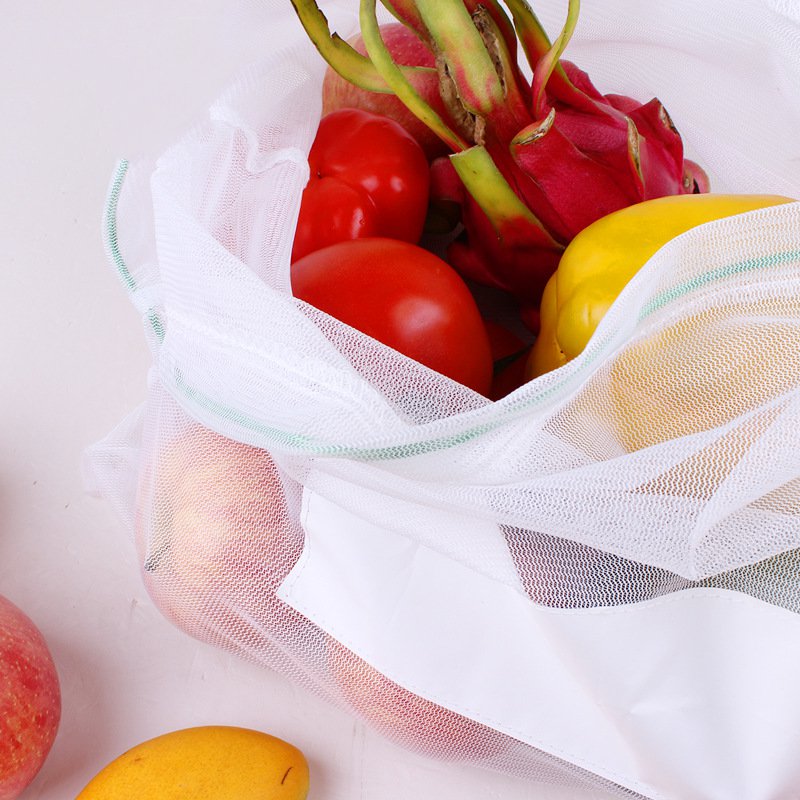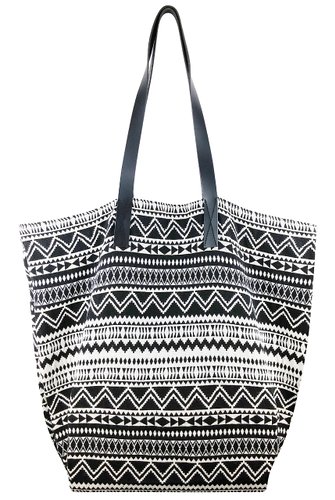Life is all about exploring
The Alternative Eco-Solution of PET: RPET
2022-06-13 | Blog
Plastic as most “single-used” material, people has been paying more and more attention to its environmental pollution defect, calling for less using of plastic. People agree that reduce the using of plastic become critical.
Besides that, minimum attention has been paid to plastic type. Plastic has many different types, and each has its own properties. PET one of the most common plastics, and its eco-alternative RPET.

What is PET?
PET (or PETE) short for Polyethylene Terephthalate, is a strong, lightweight and often transparent plastic. Same as other plastics, PET is made from oil and petrochemicals, which means it is energy exhausting material from beginning. Due to its thermoforming property, PET can be heated, melted and cooler down then make into different shapes and sizes again.
According to PlasticsEurope, 39.9% of total plastic demand in Europe is driven by the packaging sector – where the use of PET is very common. Like water bottles, domes for fruits and salads, containers are just few examples that made from PET plastic.
What does RPET means?
The “R”stands for the “recycled”, so called recycled PET. Virgin PET made from oil and petrochemicals, means every new PET made product used is time of natural resource exhausting.
The process of recycle PET, includes collecting, cleaning and remaking into products. Reusing PET plastic means at least 24% carbon emission has been reduced during the production process, thus RPET consider as an Eco-alternative solution for PET.

Due to the thermodynamic qualities of PET, PET and RPET can be both recycled, can be heated, melted and remade into different shapes and sizes again and again. However, the first step to make sure this can be happened is that consumers would throw the recyclable plastics into appropriate waste bin. According to the Ellen McArthur Foundation, the global recycling rate for PET bottles number was approximated at 55% in 2012 with a potential yield of 70-78%.
Related News
<br>
Cien Good 2022 Donation to Tibet School
As part of our brand participation plan, Cien Good Foundation has made our donation to Tibet in Oct., which arrived on Dec. 7th. 304pcs of school backpacks have been delivered to Tibet students. Our Foundation will keep as we promised, take part of our yearly profit to donate the society, keeping the good passing. Thank you for all our customers and distributors to make this plan going.
RPET: sustainable life of water bottle to bags
As we are all trying to build a planet with less energy using and more sustainable future. Recycle all possible materials can turn old plastics into new treasure. RPET can be a perfect area to start with.
contact us
Tell us about your goals and let’s start the conversation
SUBMIT




